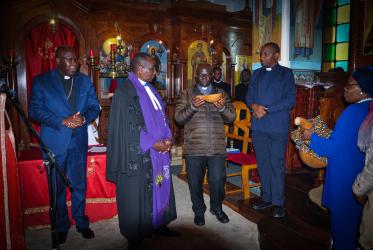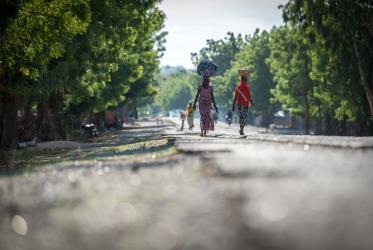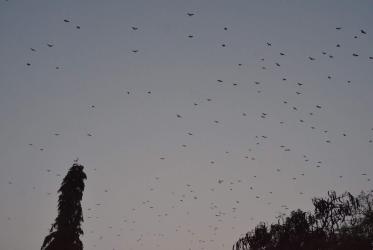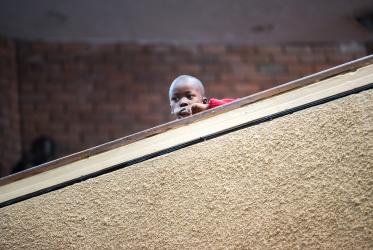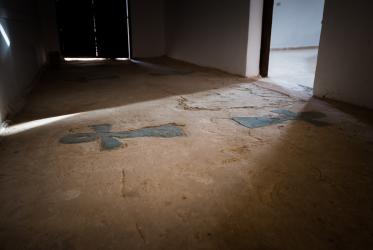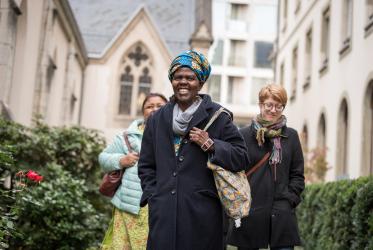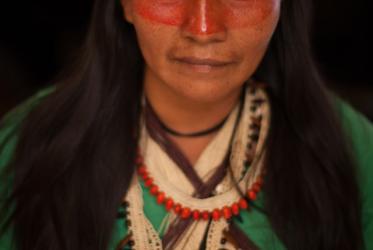Displaying 1 - 20 of 89
23 January 2024
Cameroon religious leaders call for peaceful resolution
26 January 2023
WCC condemns attacks in Israel, expresses solidarity
31 March 2022
WCC condemns bombing of Makassar church in Indonesia
29 March 2021
Church response to Australian bushfires hinges on preparation
07 January 2020
